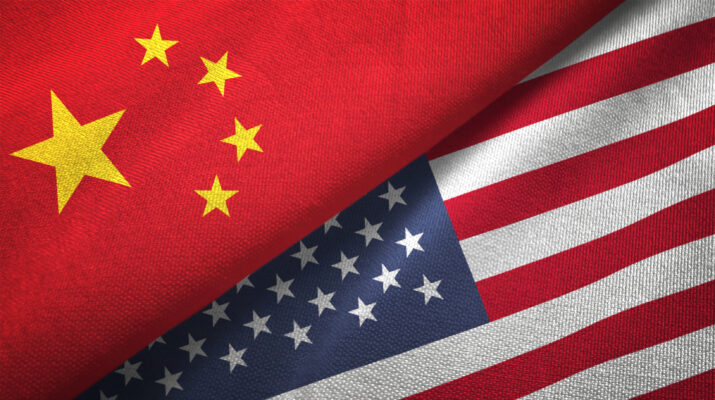China has criticized a new executive order issued by U.S. President Donald Trump that accelerates the approval process for deep-sea mining permits, calling it a breach of international law and a threat to global interests.
“The U.S. authorization… violates international law and harms the overall interests of the international community,” Chinese Foreign Ministry spokesperson Guo Jiakun said during a press briefing on Friday. His comments followed Trump’s directive, issued Thursday, which aims to expedite the licensing process for seabed mineral exploration and commercial extraction, both in U.S. territorial waters and in areas beyond national jurisdiction.
The executive order directs federal agencies to fast-track the review and approval of deep-sea mining projects and calls for the United States to assume a leadership role in undersea resource extraction. The move is positioned as a strategic response to what the administration describes as China’s “growing influence” over global seabed mineral reserves.
The deep ocean floor is rich in critical minerals and rare earth elements, attracting increasing interest from private companies and national governments. However, large-scale commercial mining has remained limited due to environmental concerns and regulatory ambiguity. Since the 1990s, the International Seabed Authority (ISA)—a United Nations-affiliated body—has been working to establish a legal framework for mining activities in international waters. The United States, however, is not a party to the treaty that created the ISA and does not recognize its jurisdiction.
Beijing, which has thus far refrained from initiating deep-sea mining operations pending the International Seabed Authority’s (ISA) regulatory framework, criticized the Trump administration’s unilateral action. “These orders once again reveal the United States’ unilateralism and hegemonic tendencies,” Guo stated.
The executive order is part of a broader policy agenda under Trump’s second term, aimed at asserting American dominance in critical resource sectors—frequently in direct opposition to multilateral consensus and established international governance structures.




